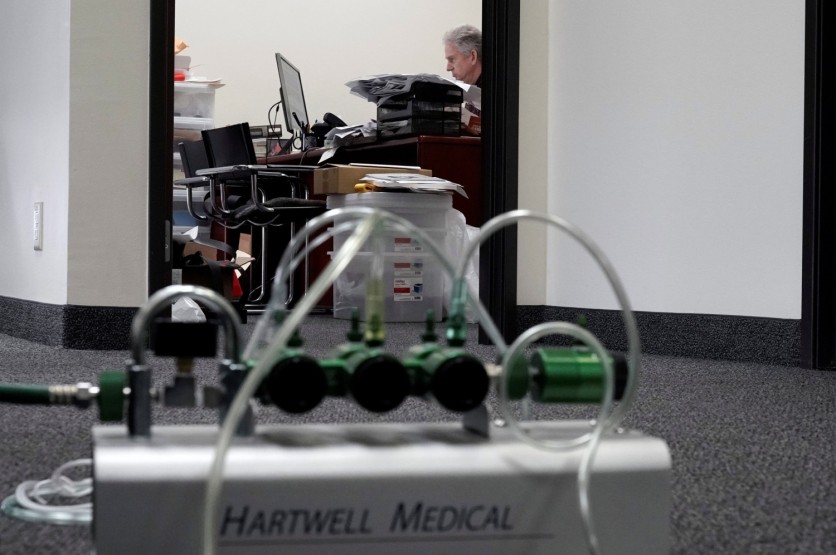Australia's intensive care devices will have access to 2,000 more ventilators by the end of July as the Government prepares for the coronavirus epidemic to weigh at the current supply.

A company consortium has been commissioned by the Federal Government to provide the invasive ventilators, which offer a last-ditch guide for sufferers who're unable to respire on their own.
All the ventilators could be capable of being used in extensive care gadgets.
ALSO READ : Studies Show that the U.S Can Produce More Ventilators For COVID-19 Patients but Suffer Shortage in Medicine
A $31 million deal
Industry Minister Karen Andrews told ABC News the Government had struck a $31 million settlement with manufacturers to supply the ventilators.
"This deal demonstrates the power of bringing Aussie manufacturers and clinicians together and is also a reflection of the highly advanced manufacturing capability that exists in our country," she said.
Andrews said companies that are generally in the competition are working collectively for the extra good. She added the ventilators would cross into the national stockpile and might then be distributed to states and territories primarily based on need.
Deputy Chief Medical Officer Nick Coatsworth told DailyMail the move to onshore production of ventilators is "of essential importance."
"This is a major change in our manufacturing capacity within Australia to assist the ventilators that are already being procured," he said.
Coatsworth said they had set a national target of 7,500 machines, building on the over 4,400 existing ventilators." He also noted they had been properly on their manner to that goal.
He said as well as home manufacturing, the Government became waiting on the shipping of 500 ventilators from medical delivery corporation Resmed.
Mobilizing a team of workers to care for the severely ill
Dr. Coatsworth said work is on its way to help as many health professionals as possible in the attempt to attend to coronavirus patients.
He added they are looking at every doctor in the country "who can manage an unconscious patient."
"A particular collaboration between Colleges of Intensive Care Medicine and College of Anaesthetists [will make] sure our anesthetic workforce [can] help in severely unwell COVID-19 patients," Coatsworth explained.
Dr. Coatsworth said the two measures might assist in saving the "bottleneck" of patients in intensive care, putting stress on useful resources and body of workers numbers.
Invasive ventilators work by correctly breathing for patients in a critical condition. There are presently more than 2,000 ventilators attached to ICU beds in Australian hospitals, ABC News reported.
The consortium liable for making the ventilators consists of manufacturing and engineering corporations led by Victoria-based Grey Innovation.
Executive chair Jefferson Harcourt told Daily Mail he was "overwhelmed by the willingness of our industry colleagues to reply in this critical hour of need."
The supply of the machines will start in mid-June, with the rollout set to be complete through July.
The Australian production of PPE ramped up
As nicely as commissioning the production of ventilators, Andrews said work is also underway to produce more private shielding equipment. According to Andrews, discussions in manufacturing surgical gowns and other items had been ongoing.
She said they had increased our manufacturing process in Australia from seven million surgical masks per year to 200 million masks over a six to nine-month period.
"We do have a heavy reliance on overseas, and quite frankly, that needs to change," Andrews said.
ⓒ 2026 TECHTIMES.com All rights reserved. Do not reproduce without permission.




